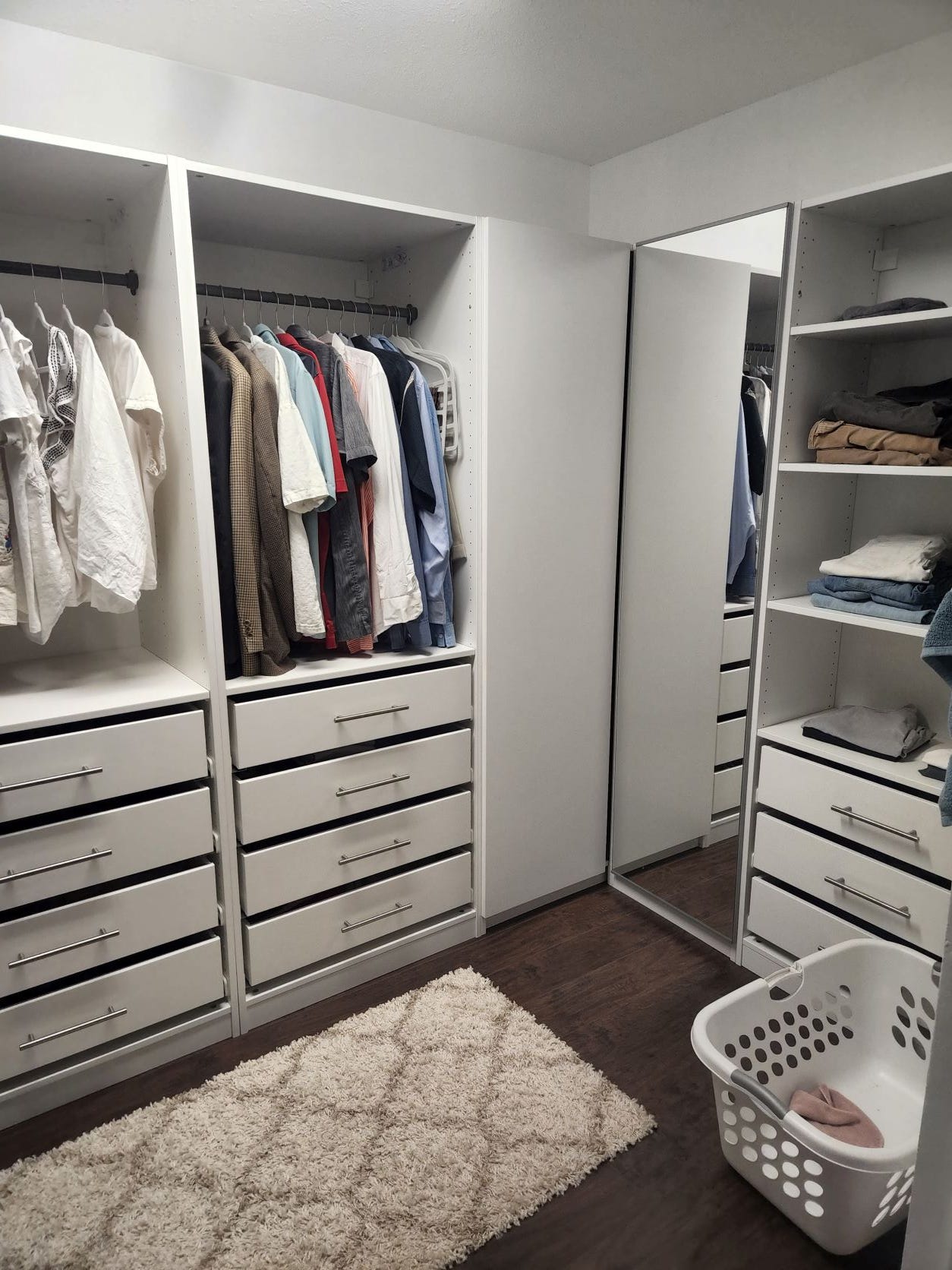We Don't Talk About Bruno, And by Bruno I Mean Money
Why communicating about money within our household helped to crystalize our goals and change our retirement trajectory
This is a money post.
People seem wired to avoid talking about money. For me, a chronic oversharer, this has never been a problem. But I can empathize. It’s uncomfortable for some.
I should note that in the Financial Independence, Retire Early (FIRE) community, we openly share portfolio balances, tax strategies, investment ideas, household spending, and other personal details with strangers all the time. The FIRE community is filled with money nerds, and we love to talk shop.

And so I’m going to risk creating some discomfort because money discussions are very important. For our family, talking about money was a critical first step in aligning our financial and life goals.
For the first fifteen years of our marriage, my wife and I didn’t discuss our finances all that much. We both made good incomes, socked a little bit away in company retirement plans, and hopped right on the hedonic treadmill. We didn’t deny ourselves any purchases. If we wanted something, we bought it. And when our salaries increased, we upgraded the house, the cars, and the toys. We did have the benefit of technology salaries, and so we managed to keep the credit card balances low. But while we didn’t necessarily spend more than we made, we certainly spent all that we made.
Our first money discussion happened after a rough patch at work. I was questioning whether I could sustain the stresses of my current job and I was drowning in anxiety because our emergency fund at the time would pay for exactly three weeks of our lifestyle. And so we agreed to double it. In those days, it still didn’t occur to us to cut expenses. That would come later. Breaking free of lifestyle creep and life on autopilot deserves its own series of posts.
Those early discussions about money eventually evolved from “How can we sustain our current lifestyle if one of us is laid off?” to “Wait, does all of this stuff actually make us happy?”
There is a question that all of us must answer when we clean out the garage for the fifth time in five years, when the barely-worn clothing in our closet spills over into our bedroom, or when stacks of Amazon boxes, too numerous to fit into the recycling bin, seem to perpetually occupy the dining room table, stairway, and open wall space in our home: do we own our stuff, or does our stuff own us? It took us some time to answer that question and recognize that buying less stuff doesn’t mean we are depriving ourselves. It means we are creating space, freedom, and the financial means to experience those things we are truly passionate about.

Five years later, we have moved beyond talking about sustaining our current lifestyle and instead talk about money as a means to achieve other goals. We talk about being more intentional with our spending, and we involve the entire family. Our kids understand that we can certainly afford a new car, but we drive a seven-year-old minivan because we value travel and experiences more than a one-year-old minivan. That is why our kids also understand that in 2025, we will drive a ten-year-old minivan.

In the US, we used to be an industrial economy. We made things. At points along the way, we transitioned to a service-based economy, then a knowledge-based economy, and now to what feels like a parasitic economy. Hidden fees, subscriptions that are hard to cancel, and contracts with low introductory costs that rope you into multi-year commitments, are all designed to take advantage of an American consumer who is living life on autopilot.
What are some of the life experiences you want to have before you leave this earth? What’s on the bucket list? Are your savings goals lining up with the experiences you want or is money being drained away, siphoned by life? Talking about money is an important first step to recognizing whether you are getting closer to your dreams or further away.



